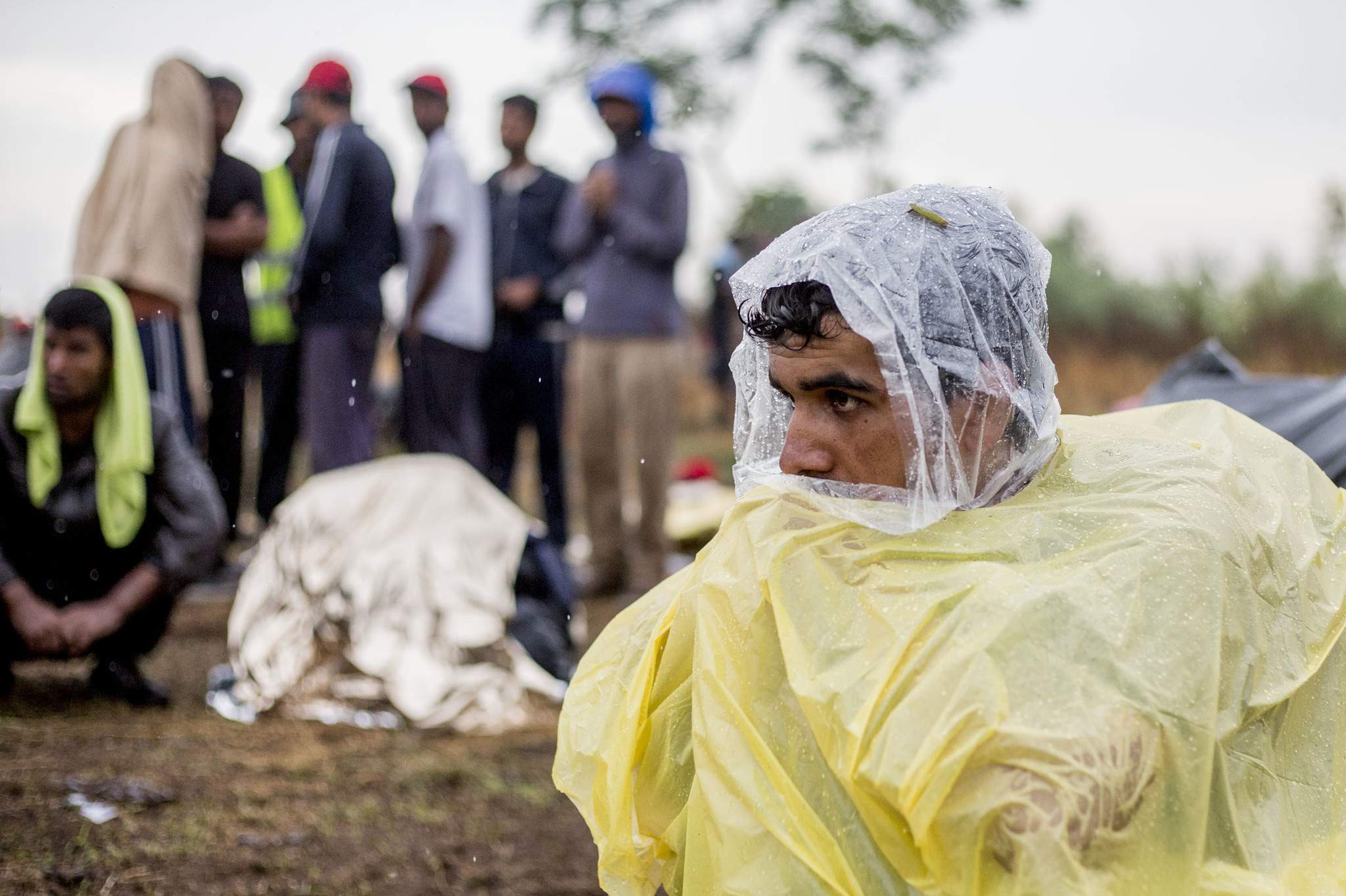Hungarian government: Migration and terrorism go hand in hand
At a press conference, Parliamentary State Secretary at the Ministry of Interior Károly Kontrát has said that the experience of recent months and years has shown that “migration and terrorism go hand in hand; since the beginning of this mass migration influx, more than three hundred people have died in terrorist attacks in Europe”.
Kontrát said that that we can clearly state that the biggest threat in Europe is that of terrorism, adding that “hundreds – according to certain estimates, even thousands – of terrorists might have entered Europe with the help of migrants”; according to confirmed data, the majority of such infiltration is organised by Islamic State.
The Parliamentary State Secretary stressed that in order to combat terrorism it is necessary for the European Union to change its failed migration policy and to protect its external borders. “Hungary is in the forefront in this respect; Hungary has acted ahead of European practice”, having introduced a triple line of defence, consisting of physical protection, legal measures and military and police personnel.
Kontrát stressed that one of the most important elements in the package of anti-terror laws passed at the beginning of June was the establishment of the Counter-Terrorism Information and Criminal Analysis Centre (TIBEK). At its Tuesday meeting, the Parliamentary Committee on National Security unanimously supported the appointment of Tibor Takács as Director of TIBEK, the State Secretary announced.
At the press conference György Bakondi, Chief Security Advisor to the Prime Minister, noted that the current situation of illegal mass migration was outlined at the meeting; “we can only say that the Hungarian border is being kept under constant pressure” – primarily from the direction of Serbia.
Bakondi said that so far this year 17,766 people were apprehended at Hungary’s external Schengen borders, 17,533 of them at the Serbian border. Since 5 July, 8,276 migrants have attempted to cross the border illegally: 4,882 of these were stopped at the border, and 3,394 people were escorted back to the Serbian side of the border. In August, a daily average of 133 people have attempted to cross the borders. “To some extent this means a stagnation of the trend”, but it is accompanied by constant pressure, Bakondi explained.
The Chief Security Advisor also said that 5,275 criminal proceedings have been launched in such cases, and 207 people smugglers have been brought to court. So far this year 25,693 asylum requests have been filed in Hungary, with 336 applicants being granted some level of protection: 118 as refugees, 212 as protected persons and 6 as admitted persons. In the transit zones 1,668 people have filed for asylum.
Bakondi pointed out that the largest group of asylum seekers are Afghan citizens, followed by Syrian, Pakistani, Iraqi, Iranian, Moroccan and Algerian citizens. Since the amendment of regulations the occupancy rate of refugee shelters has significantly decreased, he added.
The Chief Security Advisor also noted that the Government has initiated the extension of the state of emergency introduced because of migration, as a protracted migration crisis is to be expected. Furthermore, “the Ministry of Interior is also preparing a proposal to reinforce the border barrier in the coming months”.
Bakondi said that the Government has to be prepared “for a situation in which there are not hundreds or thousands of people appearing at our border, but tens or hundreds of thousands; therefore a border defence system must be established which can halt larger masses of people than the current one can”.
Photo: Balázs Béli
Source: Cabinet Office of the Prime Minister – Press release
please make a donation here
Hot news
What happened today in Hungary – 26 July, 2024
Drama: number of births in a 20-year low in Hungary
Yay or nay? – 6 odd Hungarian delicacies that make our skin crawl
Budapest tourism “exploded” this past weekend
Container transport in Budapest may stop: How will this affect Hungarian economy?
Minister: Hungary will protect its territory by every means possible




